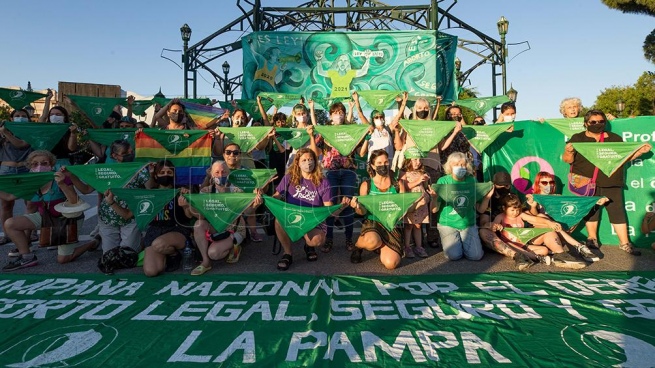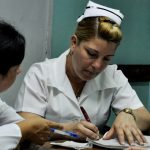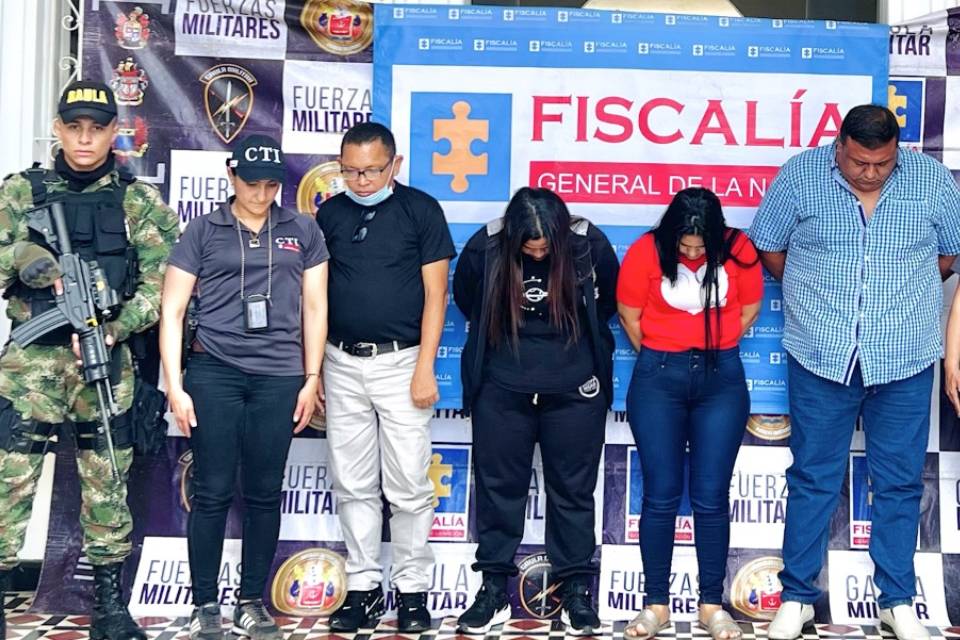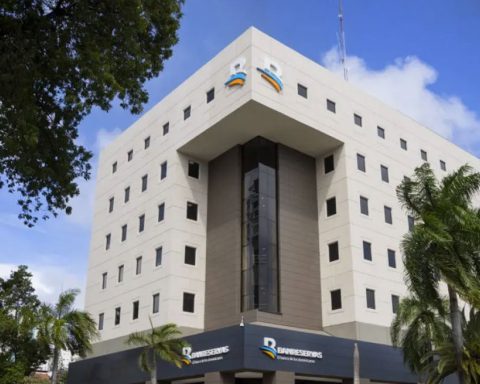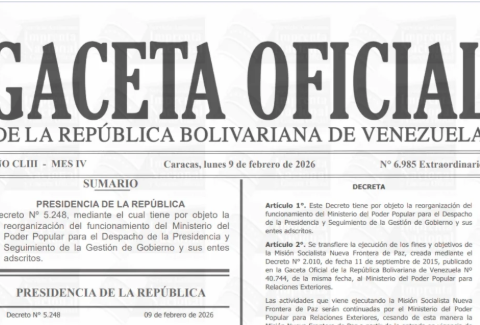Ana, the woman who was criminalized, imprisoned and released in August happened after having a miscarriage, she told Télam that she does not leave her house in Corrientes for fear of stigma in her town, a testimony that gives voice to that of another 1,532 with criminal cases for the same situation.
There were previous dialogues with her via WhatsApp until she agreed to do the telephone interview with Télam.
“It’s just that yesterday was my birthday, and I wasn’t very well because of everything that happened to me,” he excuses himself at the beginning of the dialogue.
What “happened” to him was that he was imprisoned for 8 months in a police station in his city, in Corrientesafter having a miscarriage.
There was never any evidence to the contrary., For this reason, after going through a trial, she was released by the justice system on August 5 of this year.
What “happened” to him was that she was handcuffed for a whole day after being operated on in a hospital where they did not explain the medical practice to her, without knowing why she was detained, in the midst of verbal abuse from a nurse, and with a male guard.
“Police officers and doctors talked to each other and didn’t say anything to me,” she said in the first report she gave to Clarise Sánchez Soloaga, gender editor of the newspaper República de Corrientes, where she recounted in detail her days in prison.
Now, at the beginning of his new year, after his 31st birthday, the talk is about his present and his plans.
“I’m better, but since I got out – from prison, a word that he will never mention in the interview – I don’t leave the house, I’m not going to walk, I don’t go out on the street”bill.
He was born and lived all his life in the same city of Corrientes. It is that, her place, she says: “I don’t sit down to go out, I feel that everyone is looking at me.”
Has someone made comments to you that bothered you, hurt you? Is the question, to which she replies: “No, but I never go out. There were people who helped me, but others said things that are not, repeated things that are not” .
Is that, once free, her 11-year-old daughter came home from school crying for “what they said about her mother” some of her classmates.
So, Ana’s mother went to talk to the teachers at the school where her 6-year-old son also studies.
“They behaved well, they held a meeting with the parents so that they take care of what they say, because the boys repeat what they hear at home”Anna reflects.
His unjust criminalization also prevents him from going to the plaza with his daughter and son.
“I’m afraid they’ll say something; if they confront me I don’t care, but I don’t want my children to go through that,” he says.
She, along with her daughter, her son, her mother, her father, her two teenage brothers, her sisters and her friends go through the stigma, the same one experienced by at least 1,532 other women who have criminal cases for abortion and another 37 for criminalized obstetric events in 17 Argentine provinces, according to the latest report from the Center for Legal and Social Studies (CELS) of 2020.
Belén is another of the women who was criminalized. The young woman from Tucumán, who was unjustly imprisoned for a miscarriage, wished in an interview with Télam published on December 9, 2020, when the project that became Law 27,610 on Voluntary Interruption of Pregnancy (IVE) was being debated in Parliament. , that “no woman has to go through” what she went through.
What “happened to him” is that he had a miscarriage at home in 2014, she went with her mother to the hospital and from there to jail, where she was detained until 2017.
The feminist lawyer Soledad Deza met her in prison, became her new defender, managed to make the situation a flag of national and international women’s and feminist movements and that the Supreme Court of Tucumán acquitted her.
Deza now contributes, in contact with Télam, that “the case of Belén, Clara (both in Tucumán) and Ana now reveal the strategic use of more serious criminal figures to punish obstetric events that are not crimes or that being, They would get a prison sentence.”
for the professional “This conservative maneuver unites biomedical knowledge (forensic bodies) with the Public Ministry and the Judiciary in a crusade against women. A new alert for old persecutions. That is why we made a request for public information to the Tucuman Court (File No. 11115/22) where we searched for all cases with a “newborn” victim because we warned that homicide can thus cover and hide abortions.
“More of the same judicial patriarchy, but with a more sophisticated ability to harm,” says Deza.
Another testimony that Télam published on February 22, 2022 is that of AG, the young woman who generated the so-called FAL ruling of the Supreme Court that determined that pregnant raped women can access a legal interruption of pregnancy (ILE).
“Part of my childhood and adolescence was stolen from me, and I feel that weight, that pain,” he recounted, and stated that “no victim has to go through a judicial odyssey like me.”
They, with their peculiarities, show what happens in the lives of these women after being criminalized.
From Corrientes, Ana hopes to finish the interview with Télam to start making cupcakes with her mother. It is the job that she has now, making food to sell, with that she supports herself, pays a psychologist and dreams of having her own house with her daughter and her son.
“I want to make a new life, it makes me sick to be here, where everything happened”, share.
She values and appreciates the support of women’s organizations, such as Libres las Quiero.
Social worker Leticia Gauna, a member of the Human Rights, Equity and Gender Foundation (FunDheg) accompanied Ana and told this agency that “network is essential to make visible and generate empathy. Now, the important thing is that she can recompose her community bonds to continue with his life after all the damage that this patriarchal system has caused him”.
Ana falls silent to think about one last reflection and adds that she learned “many things, I found out about things I didn’t know. We women need more information, more help, because they mistreat you in the hospital, in the police, in the Justice, so we have afraid to ask for help. That has to change.”
Where to ask for help
*Sexual Health Line of the Ministry of Health: telephone 0800 222 3444
